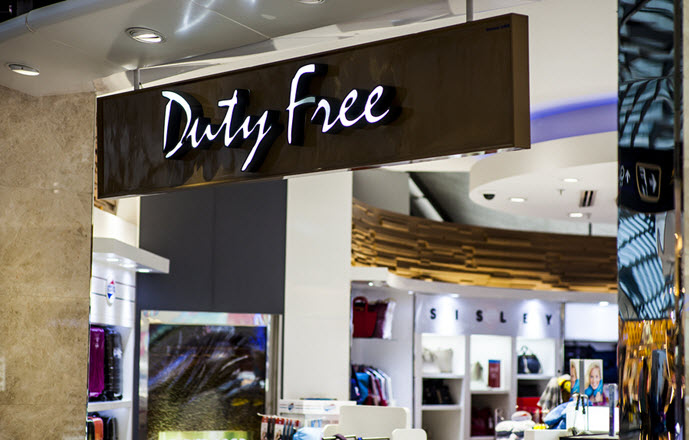By Ed Perkins, Tribune Content Agency
These days, the post-security departure areas of big international airports look more like upscale shopping malls than transportation hubs. And almost all of those retailers tout their “duty free” prices, and at least imply that they’re really good prices. As is often the case, the facts tell a different story. Here are important things you need to know about duty free.
1. The most important “duty” from which the articles are “free” is not U.S. duty, which in any case is usually very low. Instead, it’s local taxes in the airport’s home base, including VAT, which can amount to as much as 20 percent in Europe and is pretty stiff in many other areas.
2. Prices in duty-free airport shops are not set by taking taxes and duty off the top and selling at the net pre-tax prices. They’re set to be just low enough to encourage people to buy — and the shop gets a good markup, with the airport taking a cut.
3. Although you see all kinds of merchandise in airport duty-free shops, the genuine bargains for U.S. travelers are generally confined to tobacco and liquor. Hardware is almost always cheaper at Walmart or Costco than at any duty-free shop. I have yet to see any definitive research on style merchandise, cosmetics, and such — it may be a good deal, it may not, and price comparisons are tough.
4. The only way to make sure you’re getting a good duty-free price is to know what you’d pay at Costco, Walmart, Macy’s, or Amazon for whatever you’re considering. Yes, you have to do some mental arithmetic to compensate for currency rates, different size/capacity measurements, and possibly slightly different product details, as well.
5. A favorable recent development is TSA’s approval of tamper-evident bags (STEB) for liquor and other liquids. Formerly, if you bought a bottle of liquor in a duty-free store you could receive it in the cabin of your international flight, but if you had a connecting flight, TSA insisted you put in in your checked baggage. Now, if the duty-free shop packages it in a clear STEM showing a receipt and proof of purchase at a duty-free store, TSA allows you to take is as carry-on on a connecting flight. As far as I can tell, duty-free stores do not charge extra for the STEB.
6. The nominal limits for returning U.S. citizens are one liter of alcoholic beverages and either 1,000 cigarettes or 100 cigars from most foreign countries; higher limits apply to overseas possessions. But U.S. duty rates are low — usually less than $1 a liter on wine and less than $5 a liter on hard liquor — so if you find a really good deal, you can bring in more than the nominal limit, declare it, and pay the duty. You may, however, encounter state limits at your arrival airport with more stringent limitations, but I’ve never encountered a problem.
7. If you intend to drink alcohol when you’re traveling outside the U.S., check to determine prices in the country of entry. I’ve seen recent reports, for example, that liquor is heavily taxed in Iceland, so if you’re heading there, buy a bottle in the duty-free store at your departure airport. In some countries, you can buy duty free on arrival and avoid the schlepping.
8. Local handicrafts that aren’t easily available in the U.S. often appeal to returning travelers regardless of tax or duty status. But before you buy something unusual that strikes your fancy, ask yourself, “If I buy it, where will it be in my home six months from now?”
9. If you do find some electronics, camera, digital device, or other gadget that looks like a good buy, make sure that the factory warranty will be valid in the U.S. before you buy.
10. Duty-free stores also sell mundane everyday items you might need, ranging from aspirin to USB connecting cables. Buy if you must, but chances are that the airport price will be a lot higher than you would pay either at home or in your destination.
(Send e-mail to Ed Perkins at eperkins@mind.net. Also, check out Ed’s new rail travel website at Rail-Guru.com.)
(c) 2017 TRIBUNE CONTENT AGENCY, LLC. — March 7, 2017
Ed Perkins is a nationally syndicated travel columnist, with weekly columns appearing in three dozen U.S. newspapers. He was founding editor of Consumer Reports Travel Letter and has written for Business Traveller (London), Arthur Frommer’s Budget Travel, The New Yorker, and National Geographic Traveler.


Leave a Reply